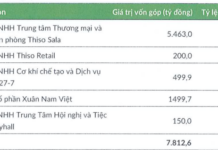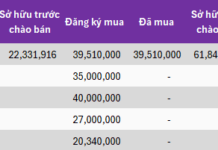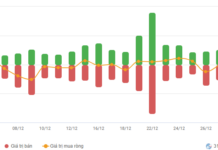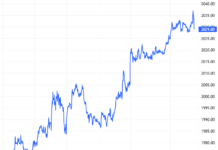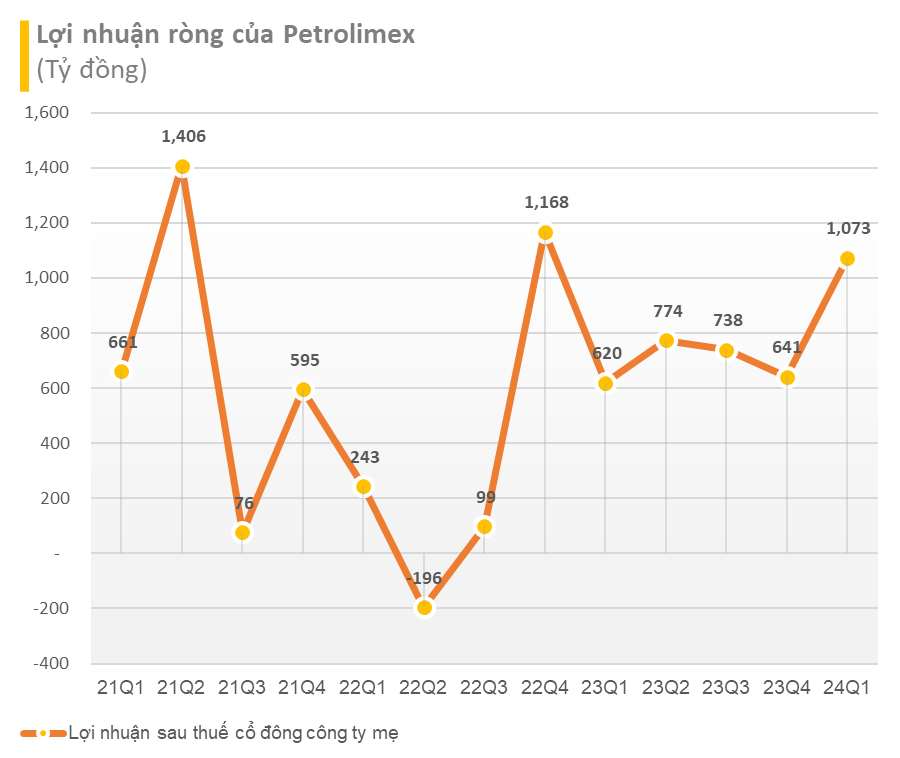The conclusion was made at the “Conference on the Implementation of Monetary Policy Administration Tasks in 2024, Focusing on Removing Difficulties for Production and Business, Promoting Macroeconomic Growth and Stability” on March 14th. Prime Minister Pham Minh Chinh requested the ministries to absorb opinions, proactively build goals, tasks, and solutions to effectively implement monetary policies, supporting businesses in a substantial and efficient manner.
PRIME MINISTER APPRECIATES THE ADMINISTRATION OF MONETARY POLICIES
Highlighting some notable results of the banking sector in the past period, the Prime Minister emphasized that the banking sector had actively reviewed and improved its mechanisms, policies on currency and banking operations. In particular, the National Assembly passed laws on Credit Institutions (amended) and reviewed and amended numerous related legal documents.
Secondly, the administration of monetary policies has been proactive, flexible, reasonable, and effective in the relationship between interest rates and exchange rates, contributing to macroeconomic stability, controlling inflation at 3.25% in 2023 and 3.67% in the first two months of 2024.
In 2023, the interest rates were reduced four times, creating preconditions for reducing deposit and lending interest rates, maintaining stable exchange rates.
The new lending interest rate in 2023 decreased by 2.5% per year compared to the end of 2022. As of February 2024, the average deposit interest rate was 3.3% per year, a decrease of about 0.2%, and the average lending interest rate was 6.3% per year, a decrease of about 0.7% per year compared to the end of 2023.
In addition, the banking sector has flexibly managed credit growth, supporting economic growth, especially in priority areas; at the same time, ensuring the safety of the system. In 2023, credit increased by 13.78%; disbursing 100% of the 15 trillion VND credit package for the forestry and aquatic sectors.
The Prime Minister emphasized that the foreign exchange and currency markets have been stable, smooth, and under control, especially in the context of the financial and monetary markets in 2023 having many fluctuations, even some banks in the United States and Switzerland went bankrupt.
Thirdly, actively supporting businesses and individuals in overcoming difficulties, restoring production and business, creating jobs, livelihoods; promoting credit for the economy, improving access to capital.
Actively implementing policies to reschedule debt repayment terms, maintaining the same group of debts, along with a series of preferential credit programs for key sectors.
Improving access to capital to promote credit for the economy such as simplifying loan procedures; digitizing the credit granting process; reducing costs, interest rates to support customers, businesses.
Fourthly, continuing to lead in digital transformation, administrative reform, improving the capacity of the system, contributing to optimizing costs for the economy, improving the business environment.
Cooperating well with the Ministry of Public Security in the implementation of Project 06 in banking activities. Actively applying Industry 4.0 technologies to core products and services (such as payment, credit, and deposits…), promoting non-cash payments, public services; digitizing many products, services.
Fifthly, emphasizing policy communication, ensuring clear, transparent information, contributing to consensus building and strengthening people’s trust.
On behalf of the Government, the Prime Minister appreciated the State Bank and the entire banking sector, credit institutions, levels, relevant agencies for their efforts, achievements, and significant contributions in the past period, contributing to the country’s overall achievements.

However, alongside the achieved results, the Prime Minister pointed out the existing limitations, difficulties, challenges.
The head of the Government noted that the restructuring of loan capital, loan policies were not suitable, not commensurate with the capacity and space of monetary policies.
The credit growth rate for the first two months of this year was not high, although the amount of deposits in credit institutions was very large, over 13.6 million billion VND compared to 13.8 million billion VND at the end of 2023 (negative credit growth – Pv).
“Loan interest rates have decreased, but not commensurate with the decrease in deposit rates; interest rates for existing loans are still high. Many businesses have reflected difficulties in accessing credit and high loan interest rates,” the Prime Minister emphasized the reality.
Furthermore, non-performing loans have a tendency to increase and pose risks, and some incidents such as the case of SCB showed the need for stricter and more effective supervision. The results of implementing some preferential credit programs have not met expectations, such as the 120 trillion VND package for social housing construction…
STRONGLY INCREASING CREDIT ABSORPTION, REDUCING INTEREST RATES
According to the Prime Minister, in 2024, the global economic situation is still volatile, but this year is a year of acceleration, breakthrough, which is extremely important in successfully implementing the 5-year plan for 2021 – 2025. To achieve the set goals, it requires strong determination, efforts in the context of the continued difficulties and challenges faced by the economy.
The general objectives set out in the Conclusion of the Central Party Committee, Resolution of the National Assembly and Resolution of the Government are to prioritize promoting growth associated with maintaining macroeconomic stability, controlling inflation, ensuring major balances of the economy; at the same time, paying attention to ensuring social security, improving people’s lives; consolidating and enhancing national defense, security, maintaining social order and safety; promoting international integration, maintaining a peaceful environment and favorable conditions for the country’s development.
Some specific targets include a GDP growth rate of 6 – 6.5%; a consumer price index (CPI) growth rate averaging 4.0 – 4.5%; a non-performing loan ratio (excluding weak commercial banks) below 3%; credit growth rate reaching 15%.
“The banks need to be public and transparent about deposit interest rates, lending rates and combat “black” credit; strengthen supervision, examination and prevent risks, fight against corruption and negatives.”
Prime Minister Pham Minh Chinh
The guiding orientation is to closely follow the situation and practical requirements, react to policies in a timely and effective manner. Not being subjective, indifferent, and miscalculating, but also not being worried or fluctuating; the implementation of the strategic goals must be persistent, steadfast, determined; not manipulating policies.
To constantly innovate, be proactive, flexible, creative, quickly “shift the situation”, “change the state”.
Analyze some lessons learned, the Prime Minister also noted that the State Bank needs to closely monitor and grasp the practical situation, have flexible policy responses to international and domestic market fluctuations, contributing to enhancing the independence and autonomy of the economy.
In addition, firmly setting the target of monetary policy administration, coordinating harmoniously with fiscal policies and other policies to contribute to controlling inflation, stabilizing macroeconomic conditions, supporting and promoting economic growth; in administration, it must be proactive, flexible, clearly determine priorities that are appropriate in each stage and period.
Especially, it requires the joint effort and unanimity of all relevant stakeholders, including the Government, ministries, localities, banks, businesses, and people, to nurture and promote the spirit of solidarity, sharing, and supporting each other more substantially and strongly.














